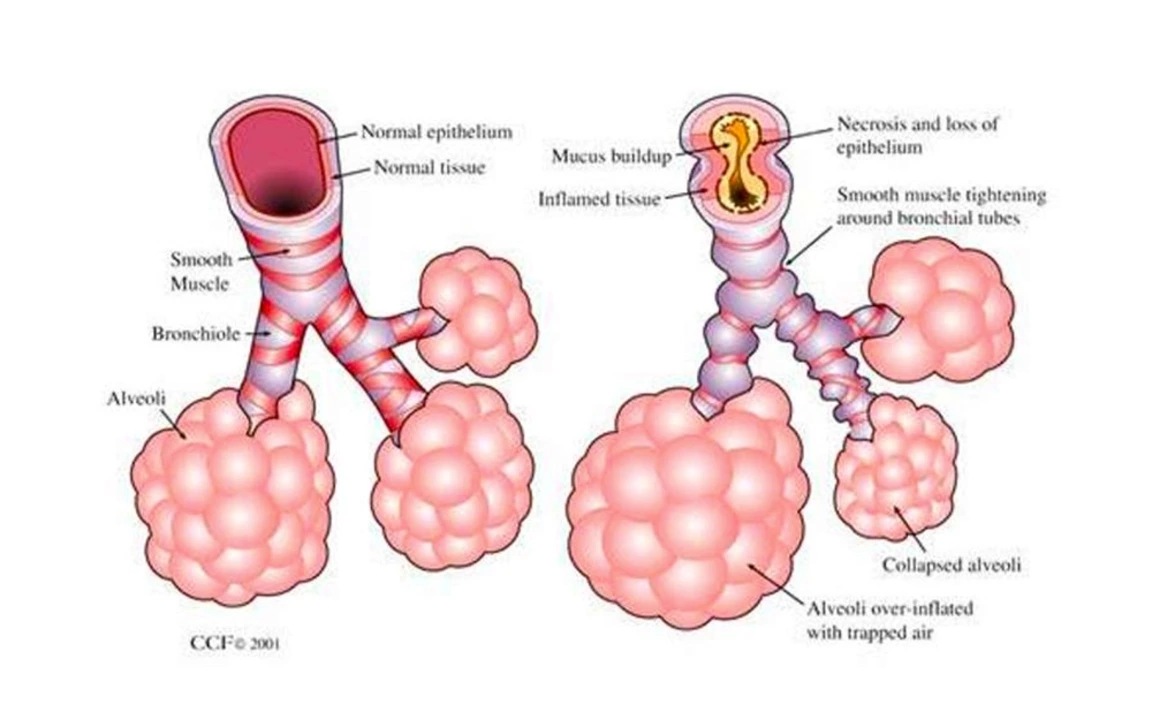Treating Bronchiolitis: Practical Home Care & When to Seek Help
Bronchiolitis mostly affects babies and is usually caused by RSV. It can look scary because infants breathe fast, cough, and make noisy breaths. The good news: most cases get better with simple care at home. The key is to keep the baby comfortable, watch for warning signs, and know when to call a doctor.
Simple, effective steps you can do at home
Keep the baby hydrated. Small frequent feeds are easier than long ones. If your baby is breastfeeding or bottle-feeding less than usual, offer more often but in small amounts.
Clear the nose. Babies breathe mostly through their nose, so mucus can make feeding and breathing harder. Use saline nose drops and a bulb syringe or a nasal aspirator before feeds and sleep. A few gentle suction attempts are fine; avoid deep or rough suctioning.
Use humidified air. A cool-mist humidifier or sitting with the baby in a steamy bathroom for 10–15 minutes can loosen mucus and help breathing. Clean the humidifier regularly to avoid mold.
Keep the baby upright when possible. Holding the infant at an incline can ease breathing and make feeding easier. Don’t use pillows or seat inserts for sleeping; keep sleep surfaces flat and safe.
Control fever and discomfort. Paracetamol (acetaminophen) or ibuprofen can reduce fever and fussiness if your doctor has approved them for your baby’s age. Never give aspirin to children.
What treatments doctors might use and what usually won’t help
Most infants don’t need antibiotics because bronchiolitis is viral, not bacterial. Routine chest X-rays, inhalers, or steroids usually don’t help either. In hospital, oxygen and extra fluids are the main treatments for babies who struggle to keep oxygen levels or feed properly.
High-risk infants—those born very early, with heart or lung conditions, or weakened immune systems—may get extra support sooner. There’s also a preventive monoclonal antibody given to some high-risk babies during RSV season; ask your pediatrician if that applies to your child.
Watch for danger signs: fast or hard breathing (visible chest retractions), very noisy breathing, blue or pale lips, poor feeding or low urine output, high fever, or extreme sleepiness. If any of these occur, seek urgent medical care or call emergency services right away.
Bronchiolitis is contagious. Keep sick visitors away, wash hands often, clean toys, and avoid crowded places during peak season. If you smoke, quitting or avoiding smoke around the baby lowers risk and speeds recovery.
If you’re unsure, call your doctor. Trust your instincts—if your baby seems worse or you can’t keep them hydrated, get medical help. Clear breathing, good feeding, and regular wet diapers mean things are moving in the right direction.
As a blogger, I recently came across some fascinating information about the use of azithromycin in treating bronchiolitis. Azithromycin is an antibiotic that has shown promising results in reducing the severity of bronchiolitis symptoms, which primarily affects infants and young children. It works by fighting the bacteria that cause the infection, helping to alleviate the inflammation in the airways. Studies are still ongoing, but early findings suggest that azithromycin may be a valuable addition to the current treatment options for bronchiolitis. I am eager to follow the progress of this research and share updates with my readers in the future.

